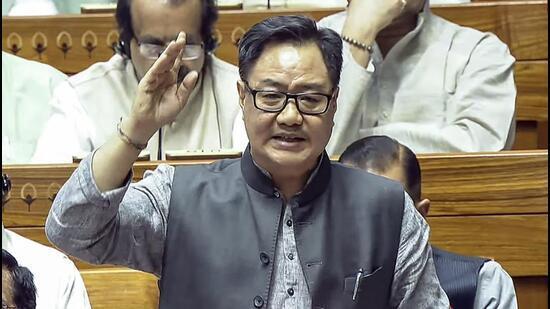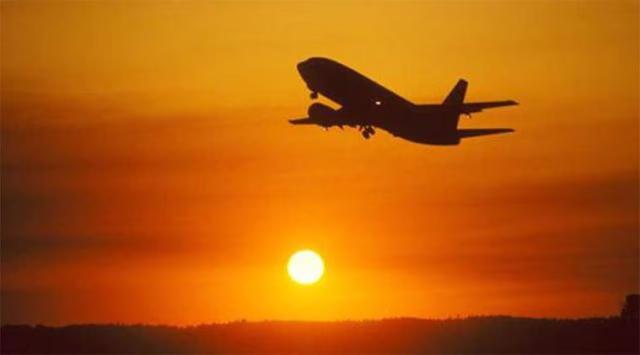
Opposition Creates Confusion & Leaves House: Rijiju in Rajya Sabha
The ongoing session of the Rajya Sabha has seen its fair share of debates, disagreements, and heated exchanges. The latest development in this regard is Union Minister Kiren Rijiju’s scathing criticism of senior Rajya Sabha members for creating confusion and raising issues in the House, only to abandon the discussion without waiting for replies. Rijiju made these remarks during the discussions on the Waqf (Amendment) Bill, sparking a fresh controversy in the Upper House.
According to reports, Rijiju took a swipe at senior member Kapil Sibal, who had compared the properties owned by Waqf bodies with those of other religious bodies. Rijiju accused Sibal of creating confusion by making such a statement, and then leaving the House without waiting for a reply. This, the Minister claimed, was a deliberate attempt to disrupt the proceedings and create chaos in the House.
The Waqf (Amendment) Bill is a significant piece of legislation aimed at promoting transparency and accountability in the management of Waqf properties. The bill seeks to empower the Central Waqf Council to oversee the administration of Waqf properties and ensure that they are used for the benefit of the Muslim community.
The opposition parties, however, have been vocal in their criticism of the bill, claiming that it is designed to undermine the autonomy of Waqf bodies and pave the way for the Hinduisation of these properties. Sibal, during his intervention, had claimed that the bill would lead to the “Hinduisation” of Waqf properties and that it was an attempt to “plunder” the assets of the Muslim community.
Rijiju’s criticism of Sibal’s remarks has sparked a fresh controversy, with opposition parties accusing the Minister of trying to silence them and muzzle their voices. The Communist Party of India (Marxist) leader, Tapan Sen, defended Sibal’s intervention, saying that the Minister was trying to create a controversy where none existed.
The opposition parties have also accused Rijiju of being defensive and evasive in his response to their concerns. According to them, the Minister was unable to provide a clear response to their queries and was instead resorting to personal attacks and ad hominem criticisms.
The Waqf (Amendment) Bill is not the only contentious issue that has been debated in the Rajya Sabha recently. The House has also seen heated exchanges over the Citizenship (Amendment) Bill and the National Register of Citizens (NRC), with opposition parties accusing the government of trying to polarize the country along religious lines.
The ongoing session of the Rajya Sabha has been marked by frequent disruptions and walkouts by opposition parties. The House has seen several adjournments, with the opposition parties demanding a rollback of the Citizenship (Amendment) Bill and the NRC.
In the midst of all this chaos, Rijiju’s criticism of Sibal’s remarks has added to the tension and confusion in the House. The Minister’s remarks have been seen as an attempt to gag the opposition and stifle their voices, rather than engaging in a constructive debate on the issues at hand.
The Waqf (Amendment) Bill, like other contentious issues, requires a thorough and nuanced discussion in the House. Rather than resorting to personal attacks and ad hominem criticisms, the government and opposition parties must engage in a constructive and respectful dialogue to resolve their differences.
Ultimately, the success of any legislation depends on the ability of the House to engage in a free and frank exchange of ideas. Rijiju’s criticism of Sibal’s remarks may have sparked a fresh controversy, but it is essential that the House remains focused on the issues at hand and engages in a constructive debate to resolve their differences.






